CEO’s blog: Injustices Dr. King Fought Against Still Plague Us
This year will mark the 40th anniversary of the Dr. Martin Luther King Jr. holiday being signed into federal law. Since that passage on November 2, 1983, the commemoration of the holiday has taken on many forms, from a recognition of Dr. King’s legacy to a day of service and volunteerism.
And as we commemorate Dr. King with a march and rally next week at Garfield High School—one of the venues he visited in 1961 during his only trip to Seattle—I wonder if we should make a space for regret. Nearly 55 years after his assassination and 40 since we’ve permanently etched his name and legacy in American lore, we are still in many ways living in Dr. King’s times.
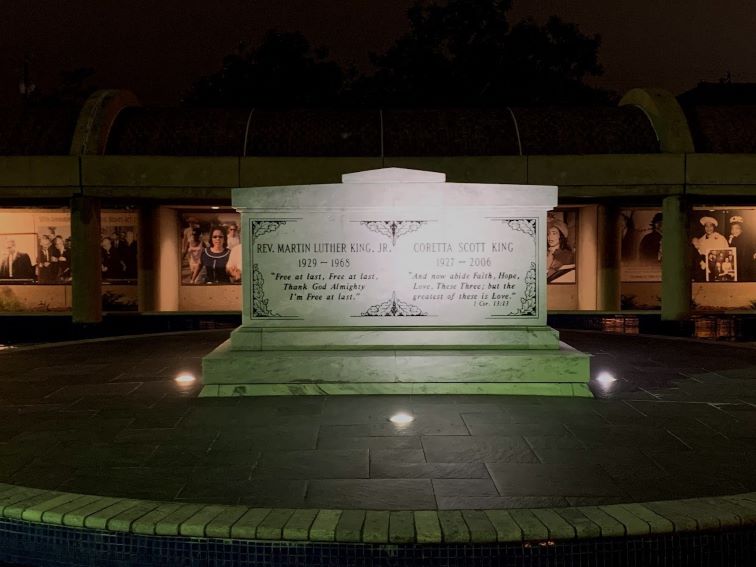
Dr. King fought and died shining a light on this nation’s racial and social injustices. And he also waged battles against economic inequality, poverty and homelessness, as evidence during a 1964 lecture in the Auditorium of the University of Oslo:
“A second evil which plagues the modern world is that of poverty. Like a monstrous octopus, it projects its nagging, prehensile tentacles in lands and villages all over the world. Almost two-thirds of the peoples of the world go to bed hungry at night. They are undernourished, ill-housed, and shabbily clad. Many of them have no houses or beds to sleep in. Their only beds are the sidewalks of the cities and the dusty roads of the villages.”
Dr. King’s words have all the trappings of our present day:
- According to our partners at the King County Regional Homelessness Authority, 9,636 county households experienced homelessness and received services from the local programs during September 2022.
- Data from Communities Count shows that from 2016-2020, 18.4% of King County residents had a household income less than 200% of the federal poverty level. As of 2020, that figure would be an annual income of less than $52,400 for a family of four.
- According to 2020 figures from Feeding America, 197,210 King County residents (about 9% of the population) experienced food insecurity, meaning they lacked access to enough food to live healthy lives.
To this day, many of these inequities are rooted in race, class and place. At United Way we see that in our work around food insecurity and housing where the largest number of people we are working with are people of color. While we honor Dr. King and his fight for civil rights every year, we must guard against failing to recognize the thousands and thousands of people whose conditions are not so different from those of the 1950s and 1960s that led Dr. King to act.
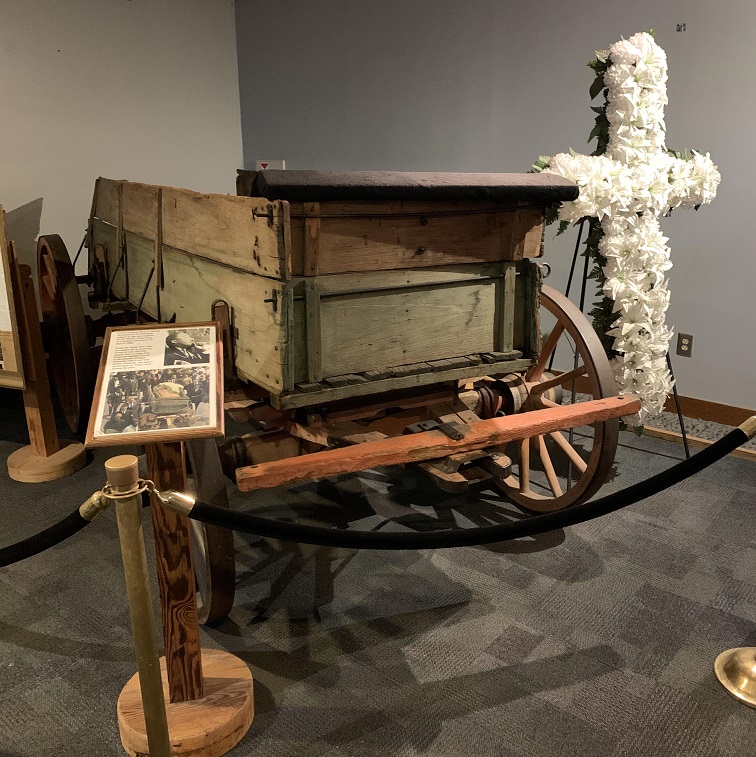
As a young child, I remember when Martin Luther King Jr., visited Seattle at the request of my church’s pastor, Rev. Samuel B McKinney of Mt Zion Baptist Church. I remember the excitement and how honored my family felt that Dr. King was visiting Seattle and that we marched with him. Two decades later, I took part in the Martin Luther King National Holiday March Washington, D.C. in January of 1982 in support of Dr. King to be recognized with a federal holiday.
I was in law school at the time; back then, it felt so powerful, like the federal government was finally recognizing what an incredible leader we had in Dr. Martin Luther King, and how appropriate it would be for our nation to recognize a wise and courageous Black man from the Deep South.
Back then, I could not have envisioned how far we would have come in the nation’s efforts to ensure that all people receive equal treatment under the law, that there would be a fundamental recognition of the core humanities of people of color. But I certainly hoped we would be farther along than we are.
That’s why I’m really proud to be CEO of United Way of King County. What we are working on is the fundamental manifestation of the kind of society that Dr. King was exhorting us to aspire to and evolve into. It is why we are meeting people’s immediate needs with direct services and changing the systems that cause these needs. I believe that is the calling for all United Ways across the country.
What we are working on is the fundamental manifestation of the kind of society that Dr. King was exhorting us to aspire to and evolve into.
United Way of King County president and CEO Gordon McHenry, Jr.
And what should your calling be during this year’s Martin Luther King Jr. federal holiday? To be curious about community specific initiatives that help improve the lives of historically disadvantaged people. United Way has launched two such initiatives: the Black Community Building Collective and the Indigenous Communities Fund.
Learn more about those and other initiatives, and let your curiosity guide you to volunteer and support community-specific efforts to address inequities rooted in race, class and geography right here in Martin Luther King County. Let’s strive to ensure that Dr. King’s dreams for America are realized in our lifetimes.

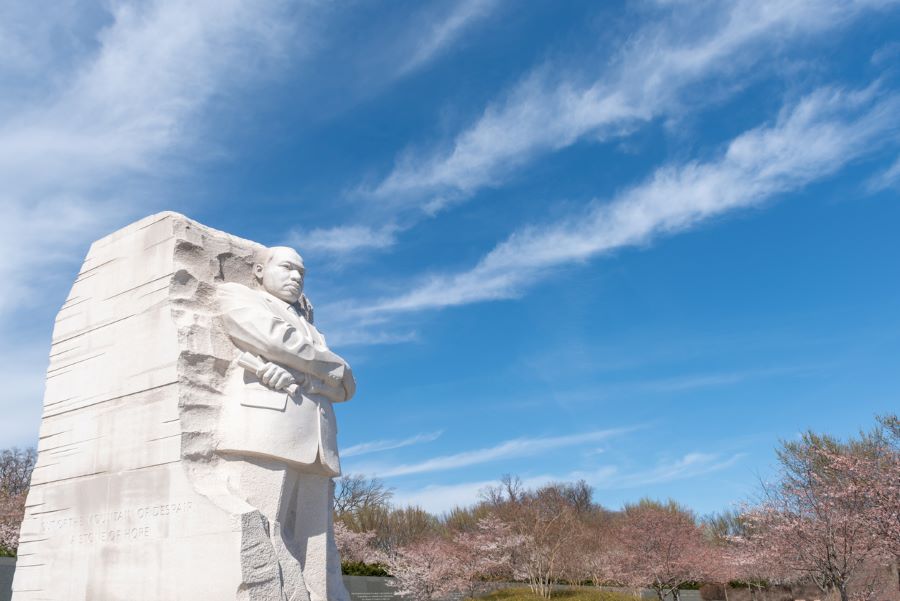
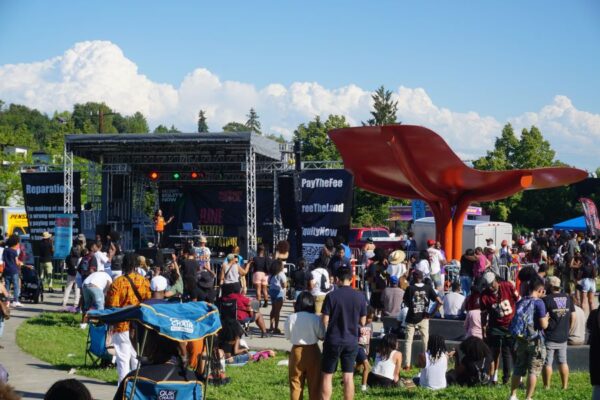
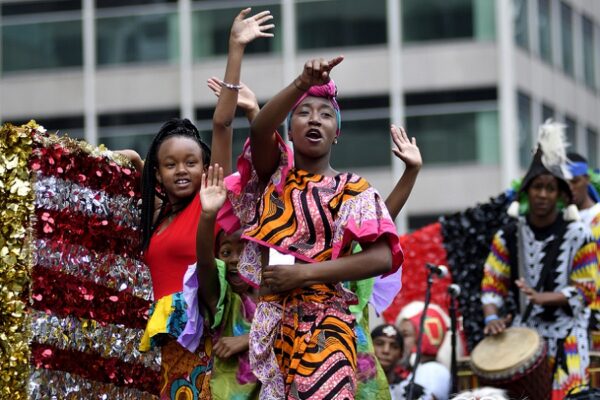

Comments